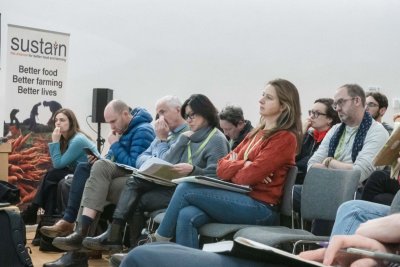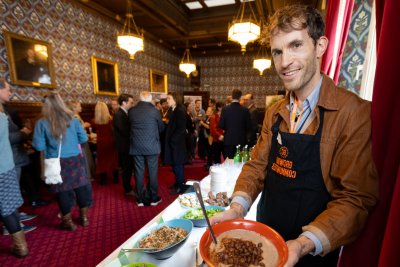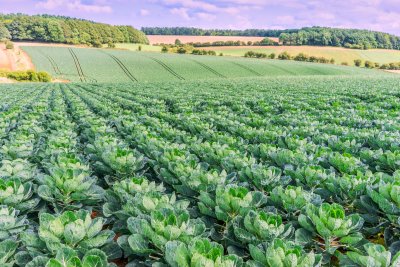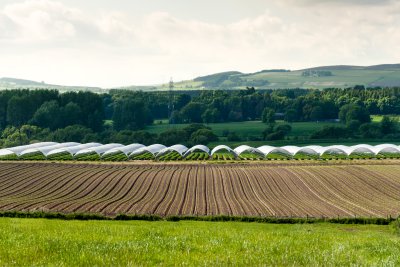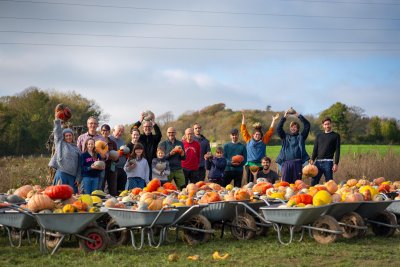The money for the research comes from a fund for international development from the Organisation of the Petroleum Exporting Countries (OFID) - an international organisation of 14 nations who account for 44% of global oil production. OFID provide financial support to the poorest of developing nations.
The research will be undertaken by the International Atomic Energy Agency (IAEA) which reports to the United Nations. The IAEA was created in 1957 and works to “promote safe, secure and peaceful use of nuclear technology”. The initiative aims to help poor farmers, especially in developing Asian countries, by using nuclear techniques to combat farm animal diseases and improve water management.
The OFID grant will be used for two projects. $400,000 will be spent on using nuclear and isotopic techniques to increase rice yields in Bangladesh, Cambodia, Laos and Nepal. These countries produce 90% of the world’s rice but are seeing fluctuating yields due to the effects of climate change.
The remaining $200,000 will be spent on a project to use nuclear techniques to diagnose foot-and-mouth disease in cattle in in Cambodia, Laos, Myanmar and Vietnam.
Since 1989 OFID has given $2.4m (£1.8m) to the IAEA for research into nuclear farming.
Nuclear technology has been used in agriculture for over 50 years. Here is an article by the Food and Agriculture Organisation of the United Nations giving seven examples of nuclear farming techniques.
Climate Change and Nature: Sustain has taken a keen interest in the rapidly accumulating evidence about the effect of food and farming on climate change and nature, as scientific evidence emerges that our food system is a very significant contributor to greenhouse gas emissions and biodiversity loss.

